Whether they’re written on the bathroom mirror or spoken aloud, positive affirmations can help people reach their goals. But what about sleep affirmations – do they work, too? We’ll examine the science behind sleep affirmations and explore the many ways people use them to improve their rest and achieve their dreams.
What Are Sleep Affirmations?
Sleep affirmations are positive phrases people repeat before bed or listen to while falling asleep. They often come in the form of inspirational quotes, “I am” statements, and mantras. People use them to alleviate stress and cultivate a feeling of peace. Some people even use sleep affirmations to manifest their dreams, which can range from finding love to earning more money.
Sleep Affirmations vs Meditation
Though they’re often used interchangeably, affirmation and meditation aren’t exactly the same. Affirmations focus on what could be, while meditation turns attention toward what is. Many people use meditation as a tool to slow racing thoughts and tune out distractions. Affirmations are mostly used to boost confidence and bring forth desired change.
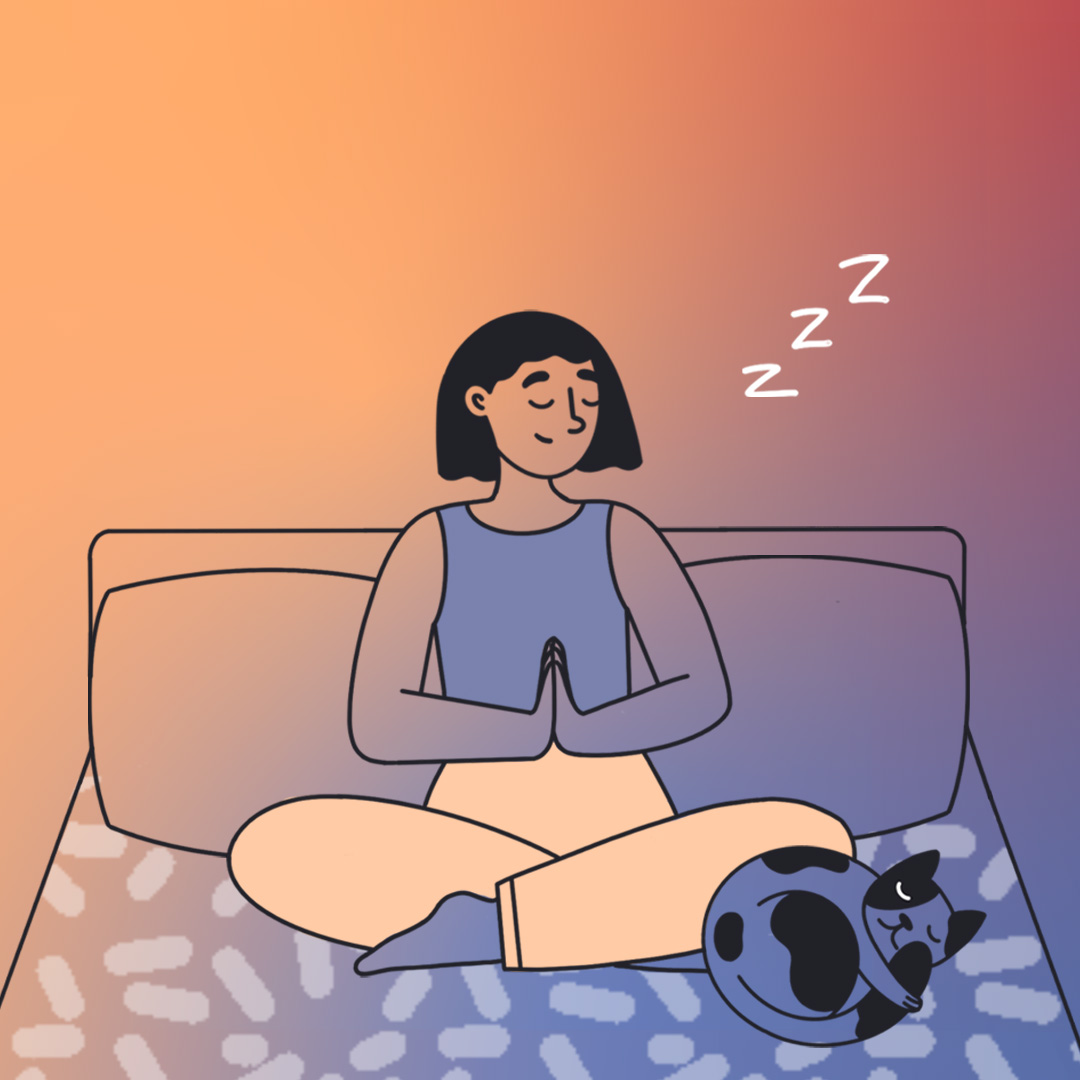
If you’re having trouble falling asleep at night, both practices can help you. In fact, there are many apps that help people find the peace and serenity they crave before bedtime. Check out our Calm vs Headspace comparison to find the best app for your needs.
How Do Sleep Affirmations Work?
Human brains tend to confuse reality and imagination, so when someone repeats a positive phrase, they start to believe it. Eventually, the person’s actions start to follow this new belief, which can lead them toward their desired outcome.
It’s important to note: While sleep affirmations can be a powerful tool in manifesting the life you want, they don’t act like a magic wand. It requires action to make long-lasting change.
The Power of the Subconscious Mind
When we fall asleep, the conscious mind takes a break and our subconscious takes over. That’s often why people dream about problems they need to solve – their subconscious mind works out the details while they drift into REM sleep.
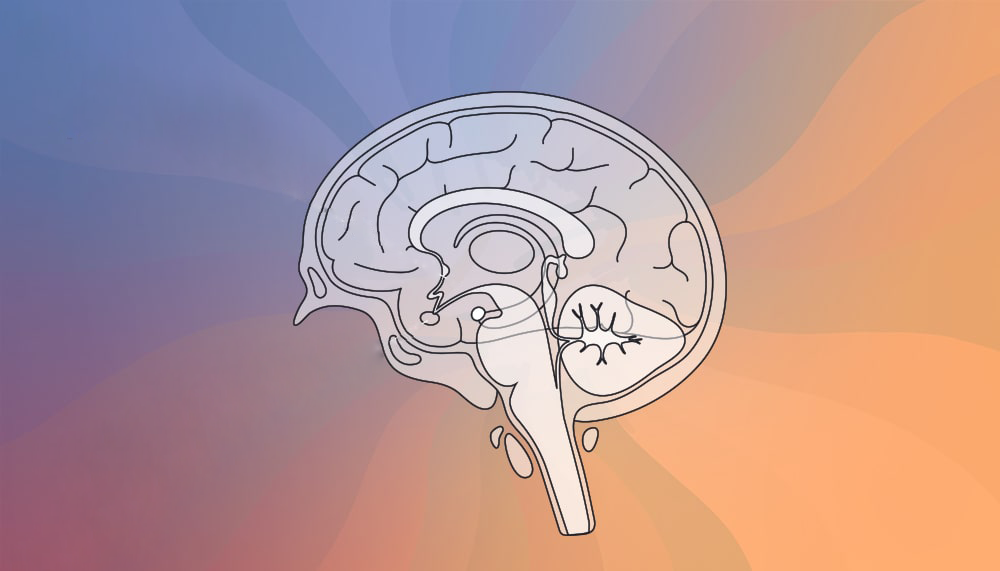
When you repeat affirmations before bed, or listen to them as you drift off to sleep, you allow your subconscious mind to absorb new information. Eventually, your conscious mind will accept the affirmation as fact and cement it as a new belief.
RELATED: How Sleep Works
Benefits of Practicing Bedtime Affirmations
Bedtime affirmations can increase your sense of wellbeing and bring forth positive change. Let’s take a closer look at the benefits of bedtime affirmations.
Focus on Positivity and Avoid Negativity
Bedtime affirmations can help people turn their attention away from negative thoughts. Even if you’re going through a hard time, positive affirmations can train the brain to notice the silver linings. Over time, it can lead your subconscious mind to seek out actions that align with this positive outlook.
Confidence Boost
Many bedtime affirmations focus on building self-esteem, and when repeated often enough, they can help people feel more confident in their day-to-day life.
Vivid Dreams
If you’ve ever wanted to live inside your dreams a little longer, affirmations may help! Many people practice sleep affirmations before bed in order to maintain awareness and control during a dream. We call this lucid dreaming, and it might be easier than you think!
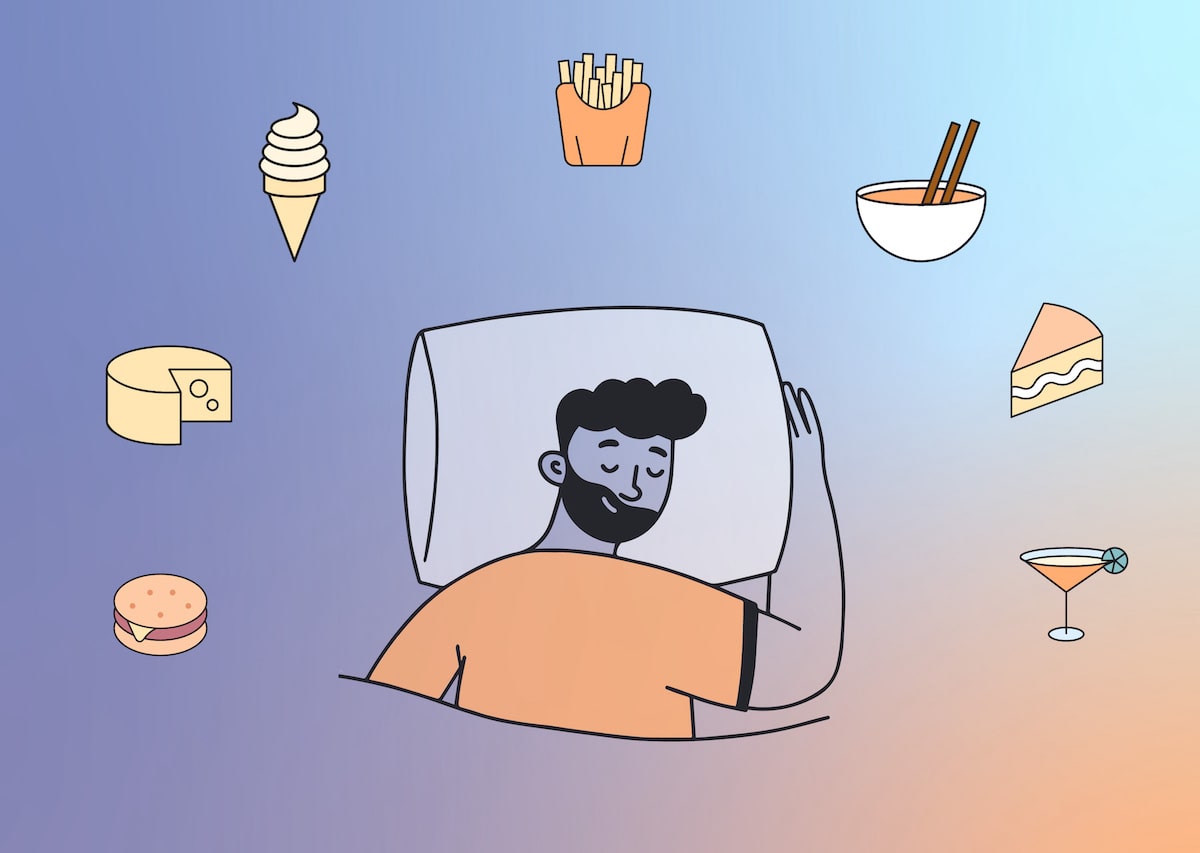
Affirmations such as “I might fly in my dream tonight” can help the subconscious mind turn the thought into a reality. It’s also helpful to train your brain to notice the different phases of sleep. For example, repeating the phrase “I am getting tired” as you drift off to sleep can help you maintain awareness once you enter a dream.
Faster Decision Making
Researchers have found a correlation between positive affirmations and swift decision making. This might occur because affirmations strengthen the prefrontal cortex and hippocampus, the parts of the brain responsible for decision making. Daily affirmations may also help people understand themselves better, which can limit time spent ruminating and help people reach a quick decision.
Enhanced Brain Activity
Studies have shown that positive affirmations can help people think clearly and solve complex problems. This might be due to the fact that self-affirmations can help people feel more confident in stressful situations. Instead of rushing into action, they may take time to assess the problem and respond calmly.
How to Practice Bedtime Affirmations
It’s not difficult to say bedtime affirmations, but certain techniques can help you make the most out of your practice.
Create a Relaxing Environment
First things first, make sure your room feels serene and relaxing. If you have dirty clothes on the floor or leftover food on your nightstand, you may have difficulty focusing on your positive affirmations. Need some help? Check out our full guide on how to create the perfect sleep environment.
Lie Down
Next, nestle under the covers and lie down on your bed. Let the plush mattress cushion your joints and feel your stress melt away.
Focus on Calming Your Breath
Take slow, calming breaths before repeating the affirmation. This will help calm your parasympathetic nervous system and ease anxiety.
Release Your Doubts, Worries, and Fears
At first, your sleep affirmation practice may feel silly. Resist the urge to judge yourself and take time to fully embrace the experience.
Repeat or Listen to Your Affirmations
Now it’s time to begin your affirmation. You can softly say the words out loud, repeat it silently, or listen to it through a speaker. No matter which method you choose, make sure to focus on the words and ignore outside distractions.
Give it Time
You won’t see results right away, and that’s okay. The best results take time, so keep up the practice and soon your subconscious mind will cement the affirmations as new beliefs. After time, actions and results will follow.
How Long Does It Take to Experience Results?
It can take between 22 and 66 days to see results from a sleep affirmation practice. The exact amount of time depends on each person’s subconscious mind. But remember: This practice is only helpful if actions follow. You can’t rely solely on affirmations to create the changes you want to see.
Sleep Affirmation Examples
Sleep affirmations can help solve a variety of problems, but it’s important to phrase them in confident ways. Typically, it’s best to use words like “I am” or “everything is.” If your affirmation sounds doubtful, your subconscious mind won’t change its deeply-held beliefs.
If you need help finding the best sleep affirmations, read on! There are also many helpful YouTube playlists that you can listen to while you doze off.
Sleep Affirmations for Healing
- I am strong and healthy.
- I am surrounded by love and peace.
- I accept that healing is possible.
- I am getting better every day.
Sleep Affirmations for Success
- I am smart and powerful.
- I become a better leader every day.
- I deserve the good things that are coming my way.
- I am intelligent and motivated.
Sleep Affirmations for Anxiety
- I am at peace and I trust myself.
- I inhale serenity and exhale anxiety.
- I have everything that I need.
- I feel grounded and calm.
Take a look at our article about meditation for anxiety and sleep to learn more.
Sleep Affirmations for Confidence
- I trust myself.
- I hold immense value.
- The future is bright.
- I am living my dream.
Sleep Affirmations for Gratitude
- I am thankful to live a life where anything is possible.
- I am grateful for nature’s beauty.
- I am thankful that I can pursue my dreams.
- I am thankful for all of the small things.
Fall and Stay Asleep with These Bedtime Affirmation Alternatives
Sometimes, it’s difficult to know how to fall and stay asleep. Sleep affirmations can help, but they aren’t the only way to get some much-needed rest. Here are a few alternatives that may help you unwind and relax.
Sleep Apps
Whether you’re hoping to learn more about your sleep cycle or want to find ways to calm down before bed, sleep apps can help. RISE Science helps people eliminate sleep debt, and ShutEye provides fascinating data about your sleep quality. Take a look at our list of the best sleep apps for more options.
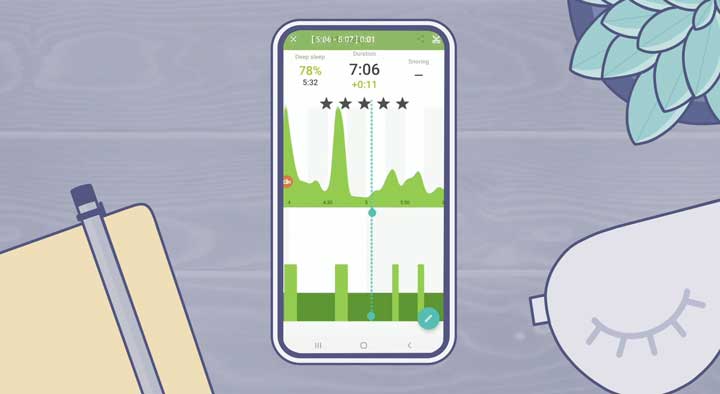
White Noise Machine
Because white noise contains many sound frequencies, it helps drown out background noise. This can be beneficial for people who live in noisy areas and have difficulty falling or staying asleep. Take a look at our list of the best white noise machines for some great options.
Music
Some people need pure silence when they sleep, while others love listening to music as they get some ZZzs. If you fall in the second category, check out this free music playlist created by sleep experts. This playlist contains soothing soundscapes, ambient tones, and soothing sleep sounds.
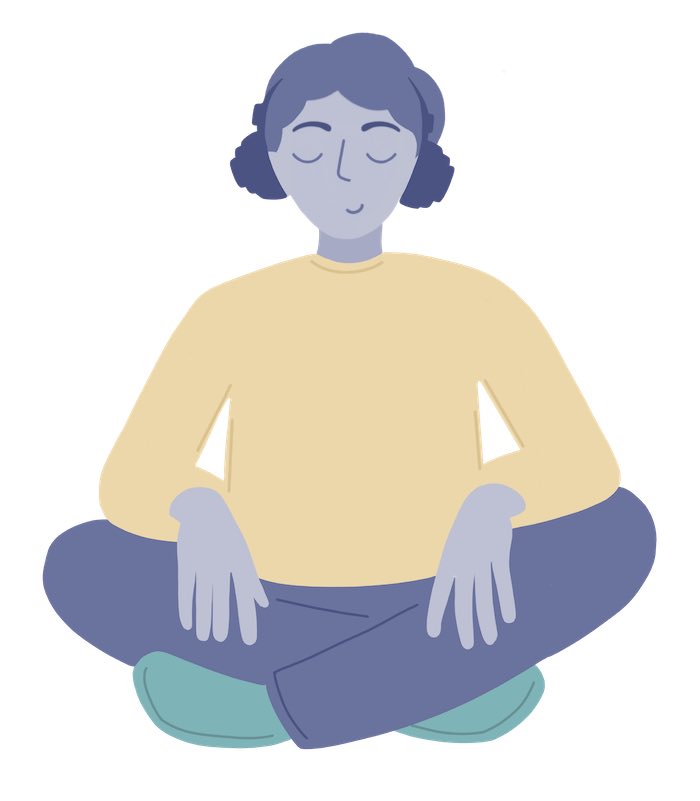
Binaural Beats
When you listen to two tones that have different frequencies, the brain recognizes the sound as an entirely new beat. We call this a binaural beat, and studies suggest it can help people get deeper sleep. Much like white noise, binaural beats help drown out background noise and can help sleepers relax before bed.
Yoga
Yoga encourages deep breathing and meditation, which can help alleviate stress and anxiety before bed. To learn more, read our full article where yoga and meditation experts share sleep tips.
